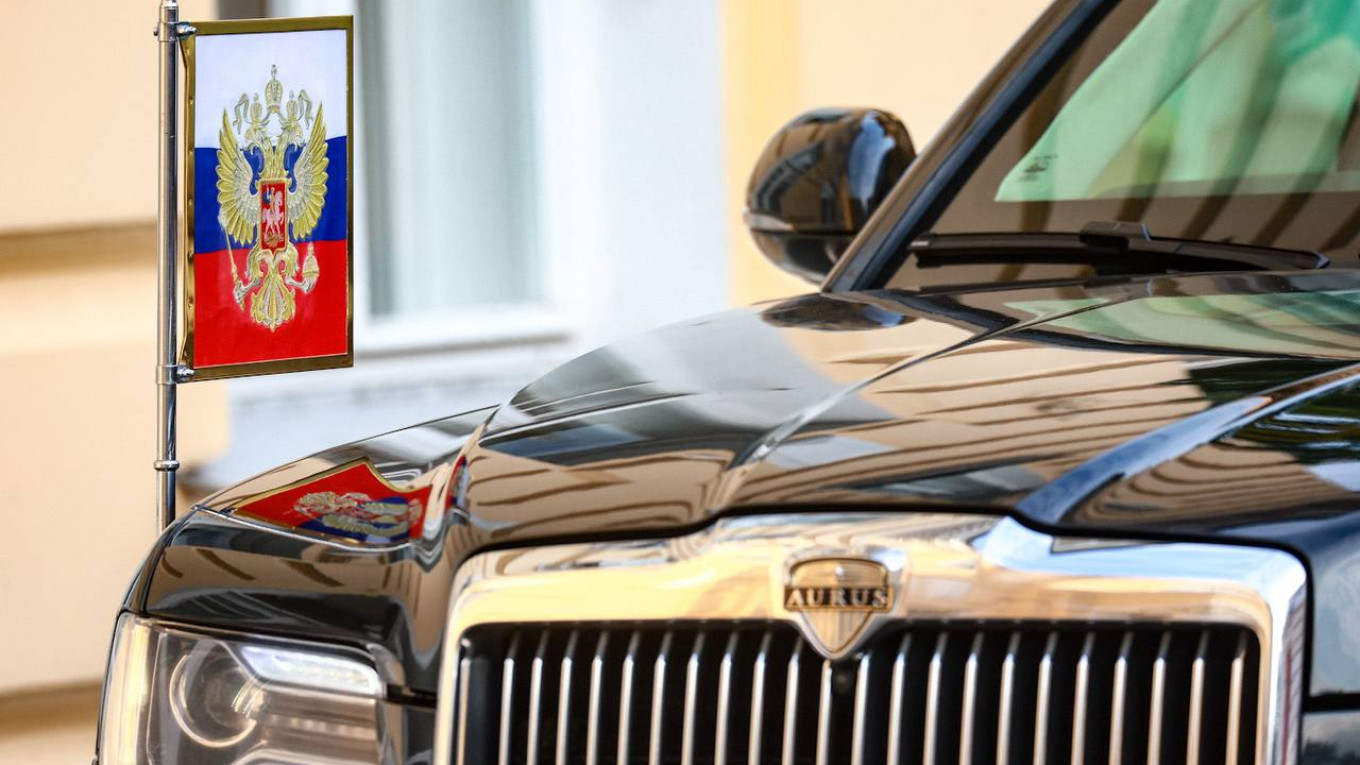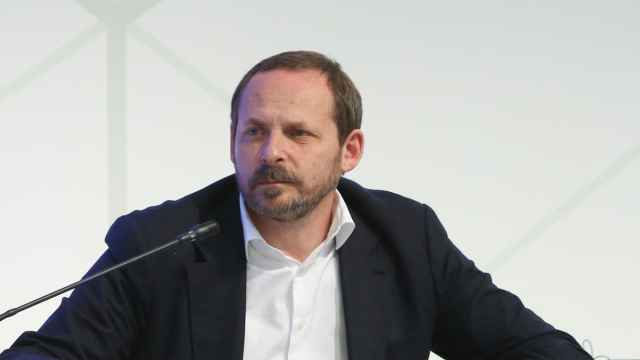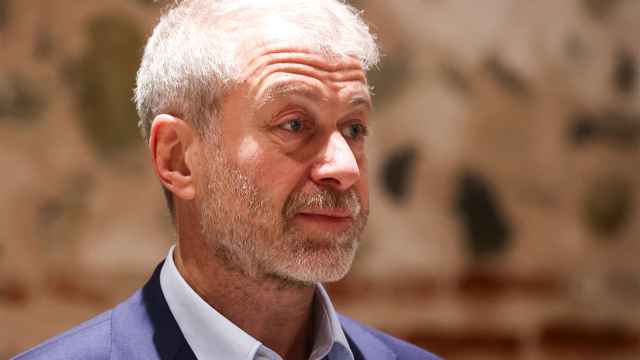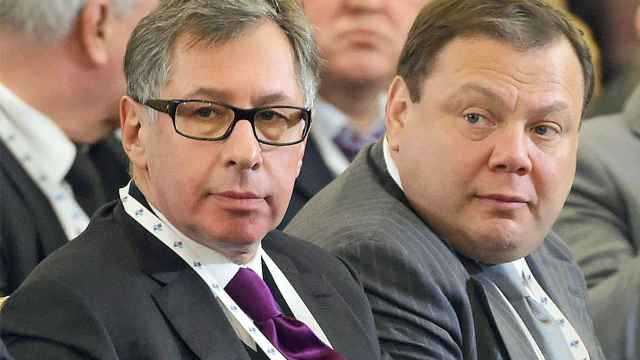European Union member states have agreed to restrict the movements of Russian diplomats traveling within the bloc amid growing concerns over suspected Russian espionage and sabotage operations, the Financial Times reported Tuesday, citing officials familiar with the matter.
Under the new restrictions, which are part of a broader sanctions package over the 2022 invasion of Ukraine, Russian diplomats based in EU capitals would need to notify their host governments in advance if they plan to travel outside their country of accreditation.
The move comes in response to a rise in suspected sabotage operations — including arson, cyberattacks, drone incursions and infrastructure damage — that European intelligence agencies have blamed on Russia.
EU security officials have warned that Russian intelligence operatives frequently use diplomatic cover to conduct operations across borders, complicating surveillance efforts once they leave their host country. The FT cited one senior EU diplomat as saying that suspected spies are difficult to monitor after crossing internal EU borders.
For example, in the Czech Republic, which first proposed movement restrictions in 2023, several Russian diplomats accused of espionage were expelled. However, many of those same diplomats reportedly remain accredited in neighboring Austria, allowing them to move freely across the border into the Czech Republic.
The Kremlin on Tuesday vowed to respond to the movement restrictions but did not provide further details.
Authorities in Prague previously advocated for banning Russian diplomats from traveling outside of their host country altogether.
“There is no ‘Schengen for Russia,’” Czech Foreign Minister Jan Lipavský told the FT, arguing that Russian diplomats should not enjoy unrestricted access to the bloc’s open-borders area.
Hungary, previously the main opponent of movement restrictions, has now reportedly dropped its objections, clearing the way for inclusion of the measure in the EU’s next sanctions package.
The bloc’s 19th sanctions package, however, still faces potential delays due to disagreements over Austria’s Raiffeisen Bank International, which has sought to recover damages it paid in Russian courts.
Vienna has proposed unfreezing around 2 billion euros ($2.3 billion) in assets once linked to sanctioned tycoon Oleg Deripaska to reimburse the bank — a move that at least a dozen EU diplomats have warned could derail the broader deal.
Further discussions about the sanctions are reportedly scheduled for Wednesday.
A Message from The Moscow Times:
Dear readers,
We are facing unprecedented challenges. Russia's Prosecutor General's Office has designated The Moscow Times as an "undesirable" organization, criminalizing our work and putting our staff at risk of prosecution. This follows our earlier unjust labeling as a "foreign agent."
These actions are direct attempts to silence independent journalism in Russia. The authorities claim our work "discredits the decisions of the Russian leadership." We see things differently: we strive to provide accurate, unbiased reporting on Russia.
We, the journalists of The Moscow Times, refuse to be silenced. But to continue our work, we need your help.
Your support, no matter how small, makes a world of difference. If you can, please support us monthly starting from just $2. It's quick to set up, and every contribution makes a significant impact.
By supporting The Moscow Times, you're defending open, independent journalism in the face of repression. Thank you for standing with us.
Remind me later.






